Search
Showing results for "grants"

News & Events
Early signs of mental health problems in young children under the spotlightDr Amy Finlay-Jones has been awarded the prestigious Healthway Fellowship for 2021.
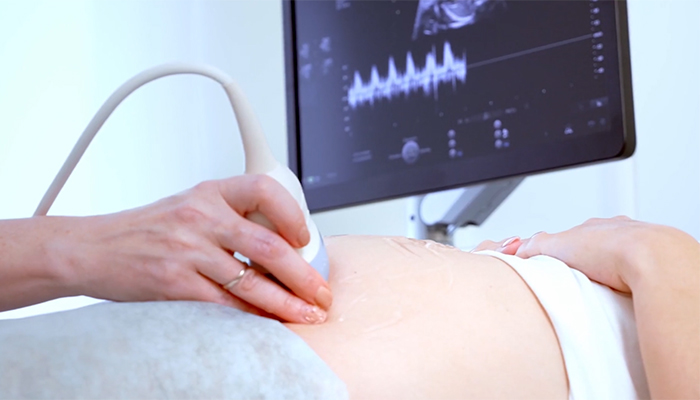
News & Events
A virus all pregnant women should know aboutMost mums-to-be have never heard of CMV and the impact it can have on their unborn baby.
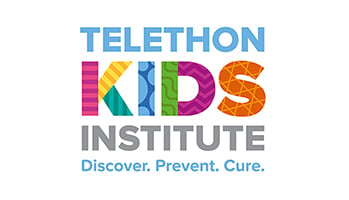
News & Events
Detention is no place for any childThe Kids Research Institute Australia is supporting calls for the urgent release of Biloela family from held detention.

News & Events
International COVID-19 ‘risk’ tool launched to reduce community transmissionThe Kids Research Institute Australia researchers have collaborated with global experts to launch an online tool designed to assess the risk of contracting COVID-19 and provide advice to reduce transmission.

News & Events
Chance to showcase WA expertise on the international stage thanks to Aspire AwardsTwo of The Kids Research Institute Australia’s best and brightest will share in $10,000 of funding to use for investment in their professional growth through attendance at an international conference, when safe to do so.
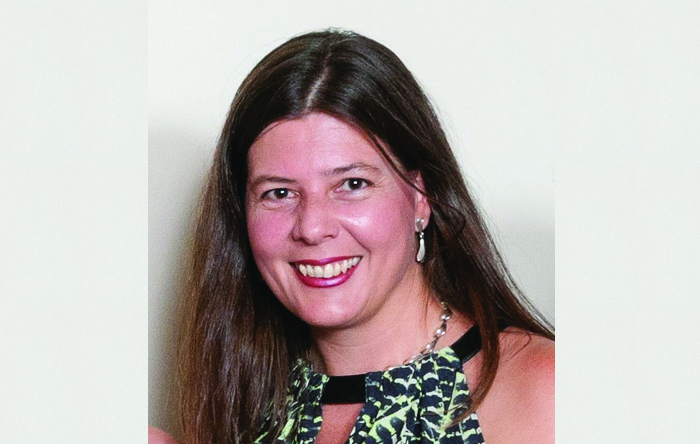
News & Events
Excellence Award for top ranked The Kids researcherThe Kids Research Institute Australia and UWA researcher Dr Sally Brinkman has been recognised with a national Research Excellence Award.

News & Events
Aboriginal Elders Honorary research appointment is a historic moment for The Kids Research Institute AustraliaExecutive Director Jonathan Carapetis said he was honoured to be able to work with the Elders in creating a bridge between the Institute’s research and the lives of Aboriginal children and families.
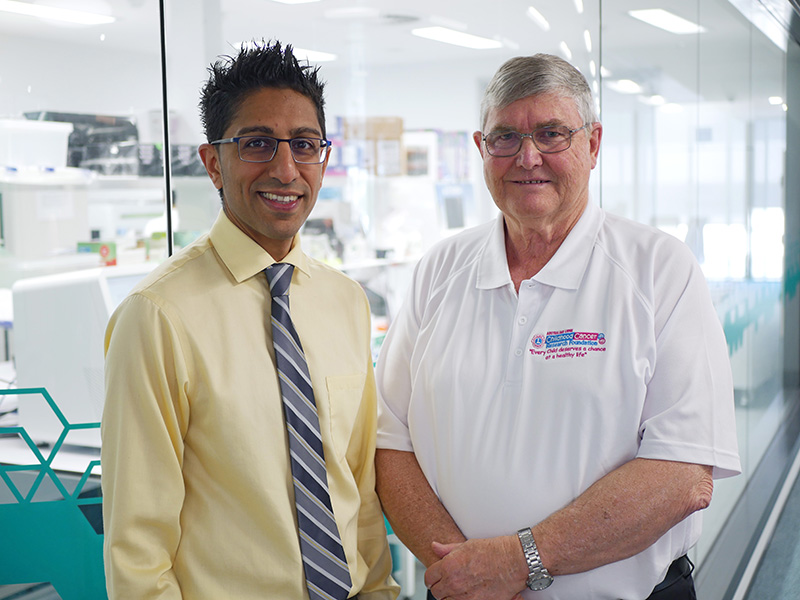
News & Events
Childhood cancer research is getting a $1.05 million boost thanks to Australian Lions Childhood Cancer Research FoundationAustralian Lions Childhood Cancer Research Foundation has announced it will provide $1.05 million of funding to The Kids Research Institute Australia.
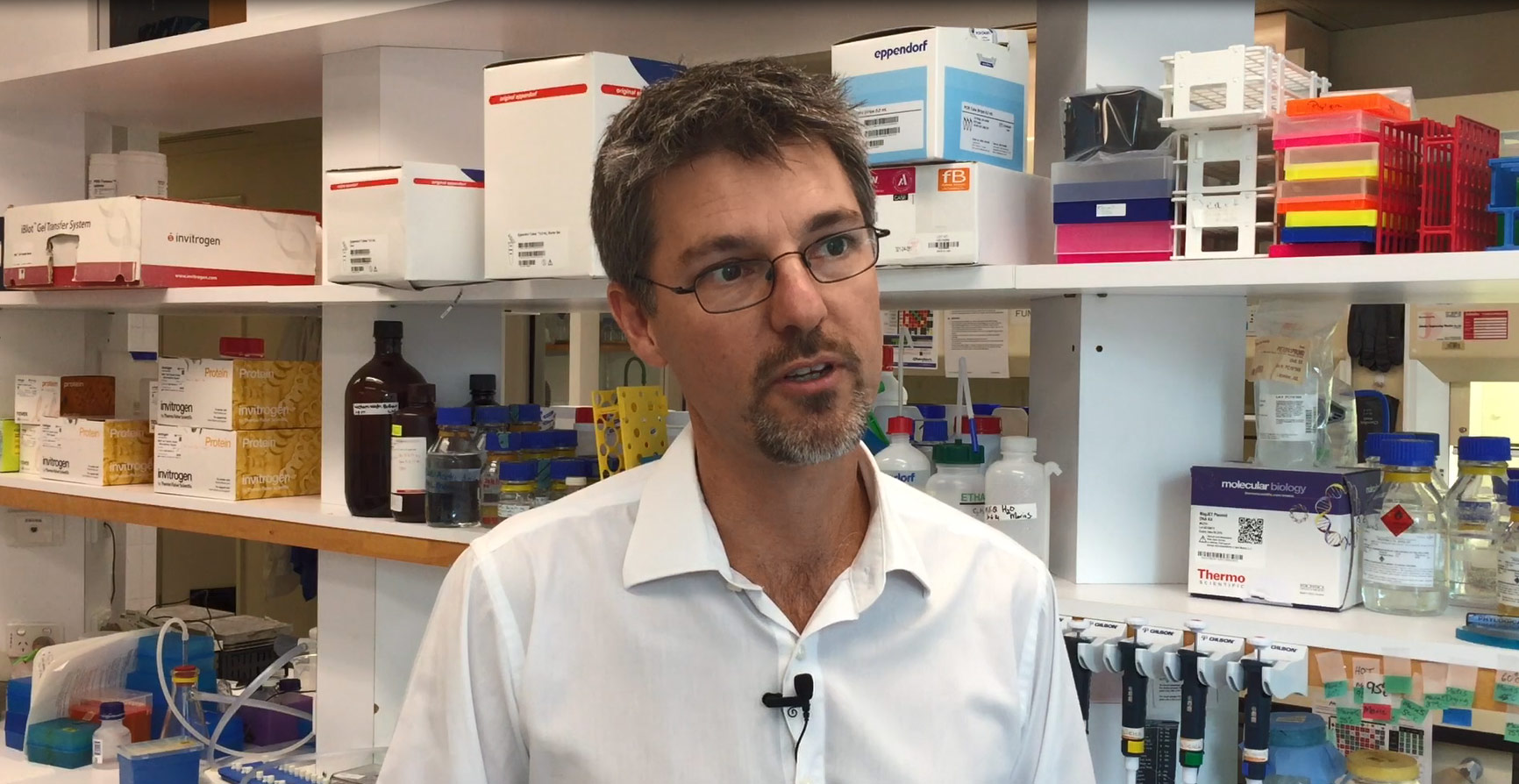
News & Events
National Asthma Week: 10 things you need to know about asthmaAsthma affects about half a million Australian children and is one of the most common reasons why kids need to see a doctor or go to emergency.
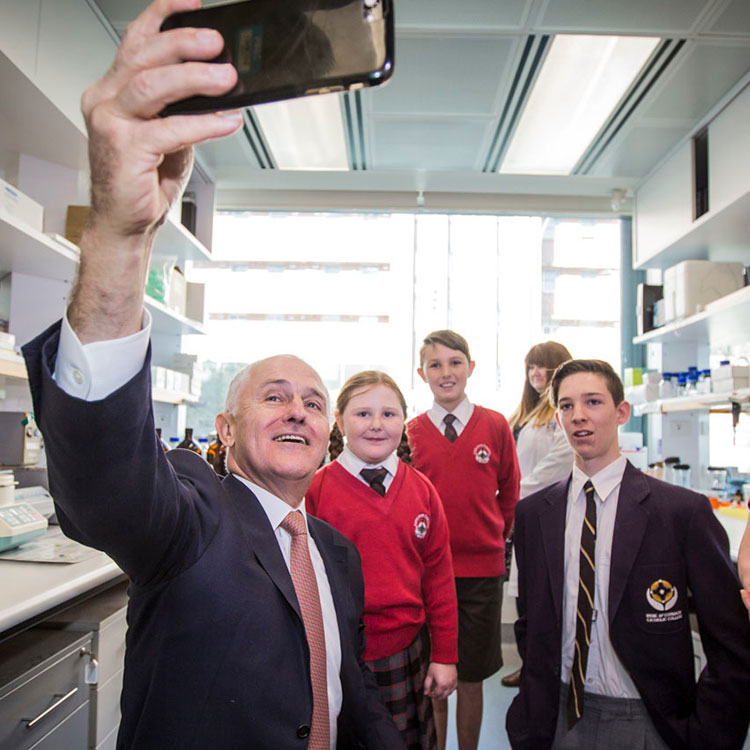
News & Events
Prime Minister visits The KidsWe welcomed the Prime Minister Malcolm Turnbull, Minister for Finance Mathias Cormann and Minister for Foreign Affairs Julie Bishop to the Institute.
